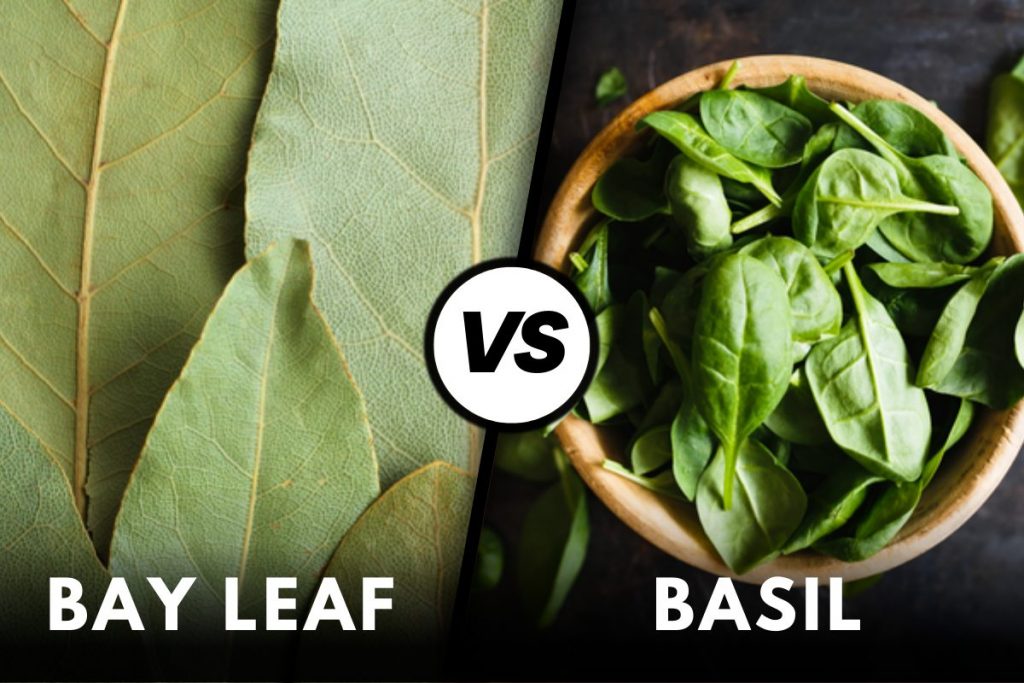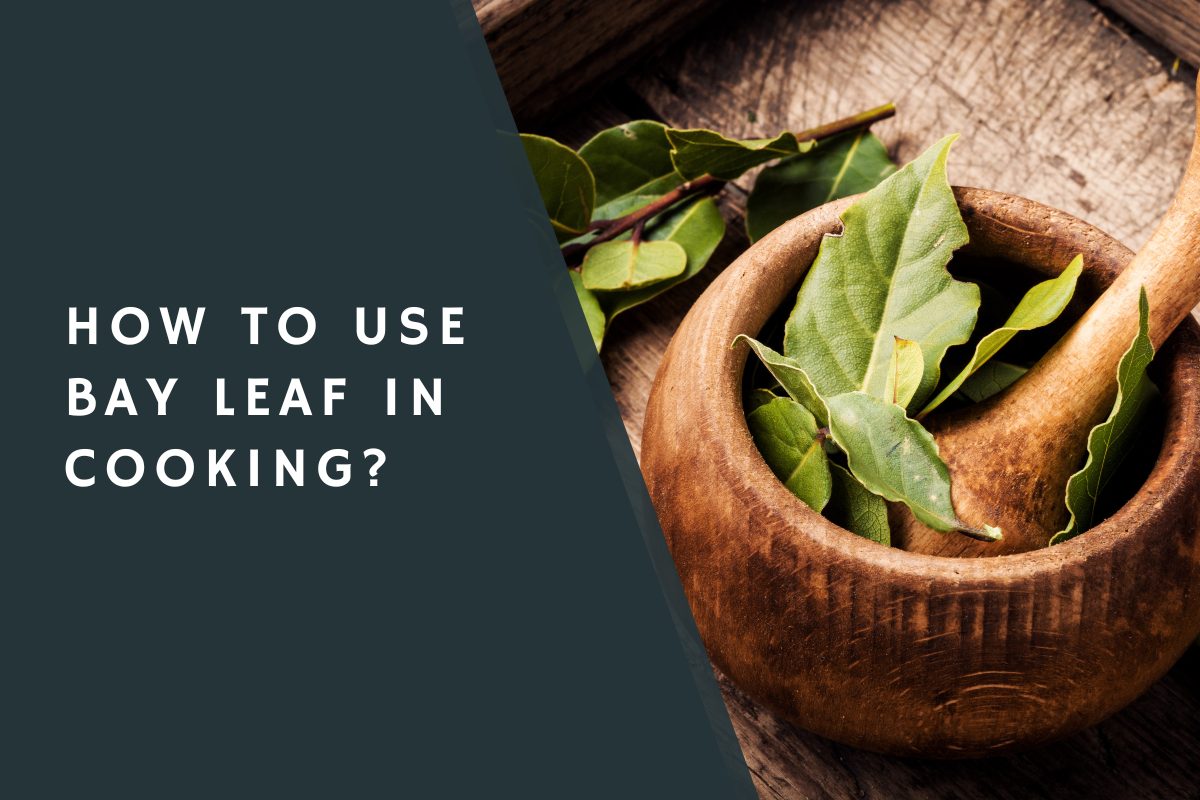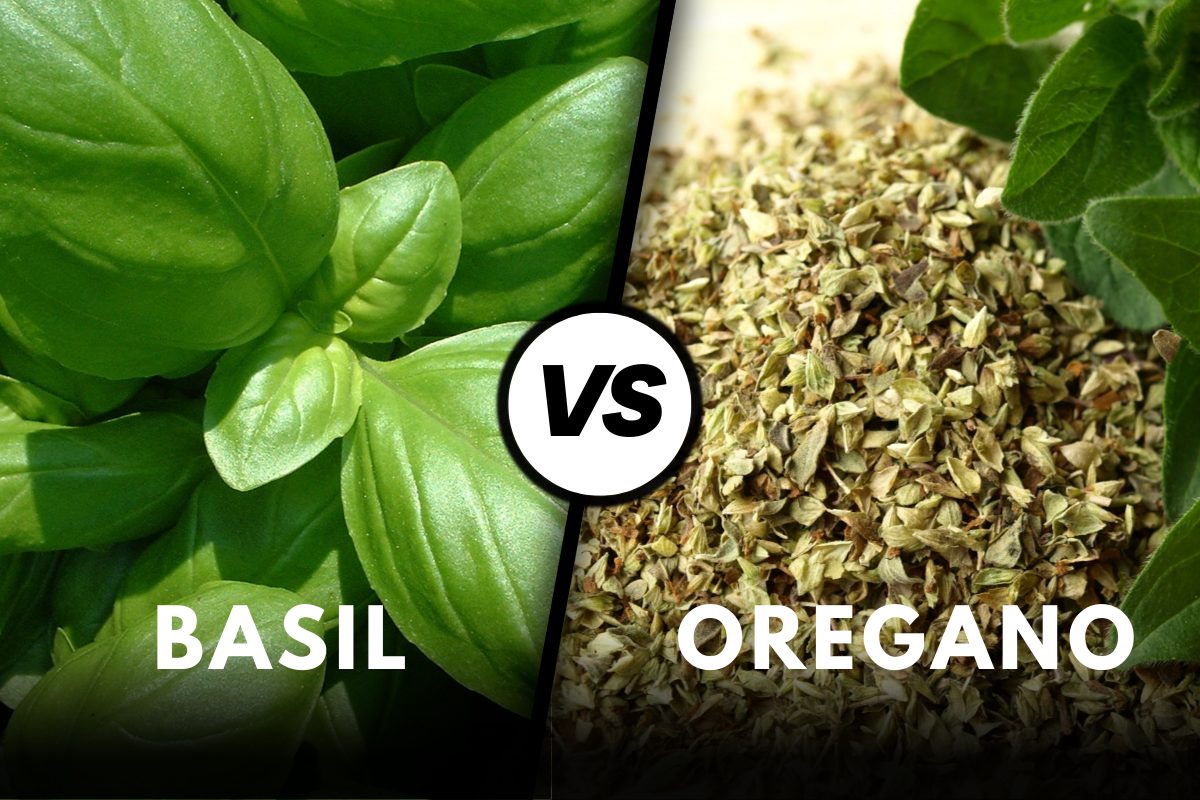There are many different options to choose from when it comes to herbs. Bay leaves and basil are two popular choices that can be used for a variety of purposes. But what are the differences between bay leaves vs basil herbs?
For starters, bay leaves come from the Laurus nobilis tree, while basil comes from the Ocimum basilicum plant. Bay leaves have a slightly bitter taste and are often used as a flavoring agent in soups and stews.
Basil, on the other hand, has a sweet, licorice-like flavor and is commonly used in Italian dishes such as pesto sauce.
When it comes to cooking, bay leaves should be added early on in the process so that their flavor has time to infuse into the dish. Basil, on the other hand, should be added towards the end of cooking so that its flavor is not lost.
So, what’s the bottom line? Both bay leaves and basil can be used to add flavor to your dishes. However, they should be used differently depending on what you’re making. Keep these tips in mind next time you’re in the kitchen!

See Also: Lovage Vs Celery
What Is Bay leaf?
Bay leaf (Laurus nobilis) is an aromatic leaf used in cooking. It can be used fresh, dry, or ground. The leaves are used to flavor soups, stews, braises, and other dishes. Bay leaves are used in many cuisines around the world.
Basil is a member of the mint family. It is commonly used in Italian cuisine. The basil leaves are used to flavor soups, salads, pasta, and other dishes.
What Is Basil?
Basil is a herb that is most commonly used in Italian cuisine. The leaves are used to add flavor to dishes such as pasta, pizza, and pesto. Basil is also a popular ingredient in Thai cooking. When it is fresh, basil tastes great.
Benefits of Bay leaf and Basil
There are many benefits of bay leaves and basil. Some of these benefits include:
- Bay leaves and basil can help to improve digestion.
- They can also help to relieve gas and bloating.
- Bay leaves and basil can also help to reduce inflammation.
- Additionally, these herbs can help to boost the immune system.
- Finally, bay leaves and basil can help to improve cognitive function.
Bay leaf and Basil Nutrition Facts
basil leaves vs bay leaves are two herbs that offer a variety of health benefits. Both herbs are good sources of antioxidants and have anti-inflammatory properties. Additionally, they both contain vitamins and minerals that are essential for good health.
Bay leaves have vitamins A, C, and K. They have iron, calcium, and magnesium. Basil is a good source of vitamin C, potassium, and magnesium. Additionally, both herbs contain phytochemicals that have been shown to promote health in a variety of ways.
Which Is Stronger Bay leaf or Basil?
If you’re wondering which herb is stronger, bay leaf or basil, the answer may surprise you. Though they both have strong flavors, basil is actually the stronger of the two.
Basil has a more pungent, earthy flavor than bay leaf, and can be used in smaller quantities to achieve the same level of flavor. Bay leaf, on the other hand, has a more subtle flavor that can be easily overwhelmed by other ingredients.
So if you’re looking for an herb that will really pack a punch, go with basil. But if you want something that will add a subtle depth of flavor to your dish, bay leaf is the way to go.
Can I Replace Bay leaf with Basil?
If you’re out of bay leaves and need to use basil as a substitute in a recipe, there are a few things to keep in mind.
- First, since basil is much more potent than bay leaves, you’ll need to use about one-third as much.
- Second, since basil doesn’t have the same woody texture as bay leaves, it won’t hold up as well when cooked for a long time.
For these reasons, it’s best to use basil as a substitution for bay leaves in dishes that are either short on cooking time or don’t require any cooking at all, like salads or pesto.
Do Bay leaf and Basil Go Together?
Does basil and bay leaves taste the same? Basil vs bay leaves are two common ingredients in many culinary dishes. But do they go together? The answer may surprise you.
While both basil and bay leaves are used to flavor food, they actually have very different flavor profiles. Basil is a sweet, aromatic herb with a slightly minty flavor, while bay leaves have a more pungent, earthy flavor.
So, while you can use both herbs in the same dish, they will not necessarily complement each other. It really depends on the other ingredients in the dish and your personal preferences.
Does Bay leaf Smell Like Basil?
Bay leaf and basil may share a similar name, but they couldn’t be more different when it comes to smell. Bay leaves have a strong, pungent aroma that is often described as earthy or woodsy.
On the other hand, basil has a sweet, anise-like smell with hints of mint and cloves. So if you’re looking for a herb with a more subtle scent, basil is the way to go.
Conclusion
So, which one is better? Bay leaf or basil? The answer depends on what you’re searching for. If you want a more subtle flavor, then bay leaves are the way to go.
If you’re looking for something with a little more punch, then basil is the herb for you. Whichever one you choose, make sure to add it towards the end of cooking so that it doesn’t lose its flavor.
I hope, now you are more well known about the difference between basil and bay leaves.
I am an accomplished tech writer with a passion for simplifying complex technology concepts. With a background in Tech, James has dedicated their career to making the intricacies of the digital world accessible to a broad audience.








